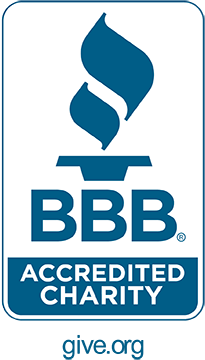World Vision supports rapid scale-up for universal coverage of ITNs through our existing community networks using various distribution models. ITNs are particularly advantageous for rural and hard-to-reach populations where the logistical and monetary demands of Indoor Residual Spraying (IRS) render it an unrealistic strategy. Community volunteers are recruited to distribute the nets, demonstrate net hang-up, and provide information, education, and communication to ensure consistent use and maintenance of nets. World Vision also provides technical support for sustained capacity strengthening of local Ministry of Health clinic and government staff in pharmaceutical management and malaria case management for pregnant women and children.
World Vision is pressing the international community to do more to combat malaria, recognizing that proper control, elimination, and eventual eradication of the disease is not possible without strong political will, uninterrupted availability of targeted resources, and stronger coordination between governments, private businesses, civil society organizations, nongovernmental organizations, and local communities.





